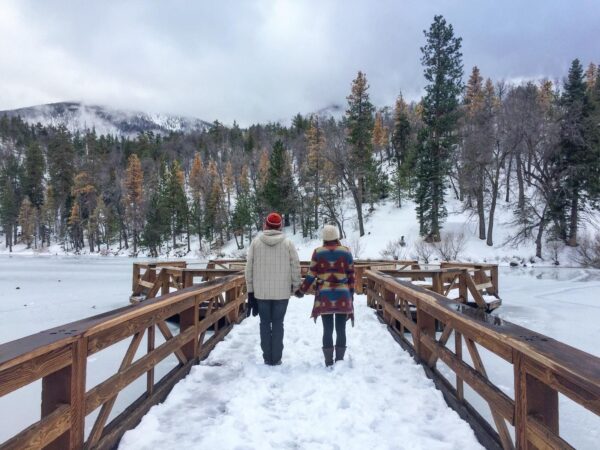
- Details
- By Native News Online Staff
When reaching out to StrongHearts Native Helpline, the first thing someone can expect is to speak with a Native American advocate. StrongHearts is the first national helpline specifically designed by and for Native Americans experiencing domestic violence or dating violence.
KNOW AND TRUST
“We are here to help anyone impacted by domestic and dating violence but our area of expertise is understanding the needs of tribal people,” said Lori Jump, StrongHearts Director, a leading expert in the field of domestic violence in Indian Country. “We understand the reasons Natives were lacking in critical advocacy resources was in part due to the lack of confidence they have with non-Native governmental programs. We want all Natives to know and trust that we are here for them.”
WHAT IS STRONG HEARTS?
StrongHearts is a culturally-appropriate domestic violence helpline. Advocate training is steeped in cultural sensitivity and Native American tradition with an emphasis on peer support, safety planning, as well as domestic violence and healthy relationship education.
TWO OPTIONS
When reaching out to StrongHearts, there are two options to reach an advocate. For those wanting to talk, they may call 1-844-762-8483. For some, it may be easier and safer to use the online chat advocacy feature. They may visit strongheartshelpline.org and click on the Chat Now icon in the upper right-hand corner to open a chat window to message directly with a live advocate. All services are available daily from 7 a.m. to 10 p.m. CT.
WHAT TO EXPECT
Calls and chats to StrongHearts are completely free, confidential and anonymous. All calls and chats are filtered through software that removes the identification of the person including location and phone number.
- Emergency Services: The advocate’s priority is to establish that the person is in a safe place to talk. If the person is in immediate danger, they are advised to hang up and dial 911. It is important to note that StrongHearts does not have access to emergency services and therefore cannot connect callers to 911.
- Assessment: If the person is in a safe place to talk, the advocate asks what brought them to reach out to StrongHearts. The advocate listens to the person and helps them identify priorities and options.
- Education: Advocates provide peer support with domestic violence and healthy relationship education for all gender identities and sexual orientations.
- Safety Planning: Advocates engage people in discussions about safety planning and share service provider information. The goal is to ensure the safety of the person and help them find local direct services.
- Service Providers: StrongHearts Helpline has an internal referral database of tribal and native-centered domestic violence providers as well as non-native providers.
- Further Assistance: A person may need additional referral assistance and they can call back for more information.
STRONGHEARTS CAN HELP
“Victims and survivors of domestic violence have enough on their plate and critical thinking outside of their environment can be overwhelming,” Jump concluded. “This is when StrongHearts can help the most.” Need help? Go here today.
More Stories Like This
“We Are Still Here” | Kelly Church Is Weaving Tradition, Advocacy, and Hope into Black Ash BasketryHere Come the Aunties!
California Indian Nations College Achieves Full 8-Year Accreditation
New Ojibwe Children’s Book Shares the Seven Grandfather Teachings Through ‘Aaniin: I See Your Light'
"Stronger Than" by Nikki Grimes and Stacy Wells (Choctaw)
Help us defend tribal sovereignty.
At Native News Online, our mission is rooted in telling the stories that strengthen sovereignty and uplift Indigenous voices — not just at year’s end, but every single day.
Because of your generosity last year, we were able to keep our reporters on the ground in tribal communities, at national gatherings and in the halls of Congress — covering the issues that matter most to Indian Country: sovereignty, culture, education, health and economic opportunity.
That support sustained us through a tough year in 2025. Now, as we look to the year ahead, we need your help right now to ensure warrior journalism remains strong — reporting that defends tribal sovereignty, amplifies Native truth, and holds power accountable.
 The stakes couldn't be higher. Your support keeps Native voices heard, Native stories told and Native sovereignty defended.
The stakes couldn't be higher. Your support keeps Native voices heard, Native stories told and Native sovereignty defended.
Stand with Warrior Journalism today.
Levi Rickert (Potawatomi), Editor & Publisher

